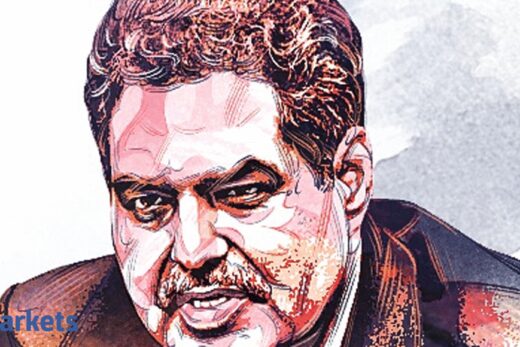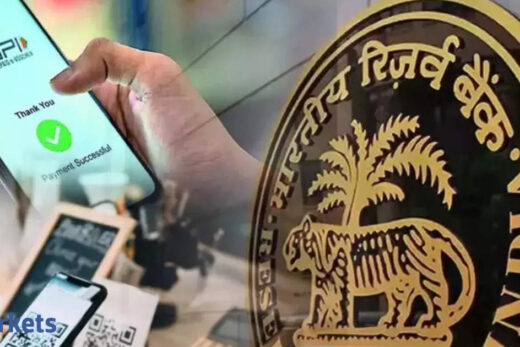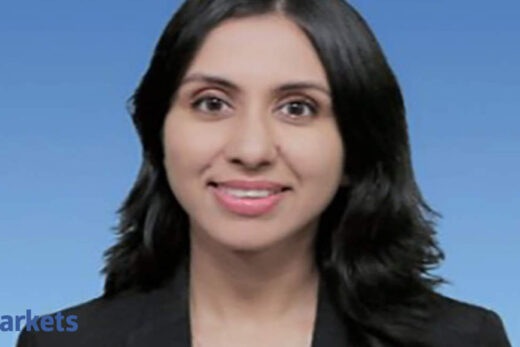The real time estimate of trend inflation was around 5% till the end of 2013, while it fell steadily to 4.1% in the first quarter of 2019, before rising to breach the 6% upper tolerance limit during the last nine months due to the Covid-led disruptions.
“A target that is fixed above trend renders monetary policy too expansionary and prone to inflationary shocks and unanchored expectations. Hence, maintaining the inflation target at 4% is appropriate for India,” the research paper authored by deputy governor Michael Debabrata Patra and Harendra Kumar Behera said.
RBI’s Monetary Policy Committee follows an inflation mandate, set in 2016, to keep consumer price index (CPI) at 4% for the next five years, with a 2% tolerance band on either side.
“The credibility bonus accruing to monetary policy warrants smaller policy actions to achieve the target. This points to maintaining the inflation target at 4% into the medium-term. If it ain’t broke, don’t fix it,” they said.
Inflation measured by CPI moderated to 6.93% in November from 7.6% a month back. CPI remained above 6% for the last several months, flagging debates over the justification of the inflation target and the CPI as anchor.
The paper observed that smoothed probability estimates weighted average trend inflation eased steadily and remained at 4.3% in Q1 of 2020. “It is worthwhile to note that trend inflation still remains above the target under flexible inflation targeting, although it is on a declining trajectory. This indicates that inflation expectations are not yet fully anchored to the target but convergence is underway,” the paper said.
It also said that a target set too below the trend imparts a deflationary bias to monetary policy because it will go into overkill relative to what the economy can intrinsically bear in order to achieve the target.
RBI projected CPI to be at 6.8% for the third quarter, 5.8% for the fourth quarter and 5.2-4.6% in the first half of next fiscal.
“Inflation should further ease in FY22 helped by a favourable base effect, wide output gap and rebalancing of effective demand-supply dynamics,” Emkay Global Financial Services said in a recent note.
In a research paper released in September, RBI analysts argued in favour of continuation of CPI as the anchor for the monetary policy and interest rate decisions despite the fact that food accounts for nearly half of the weight in CPI in India.



